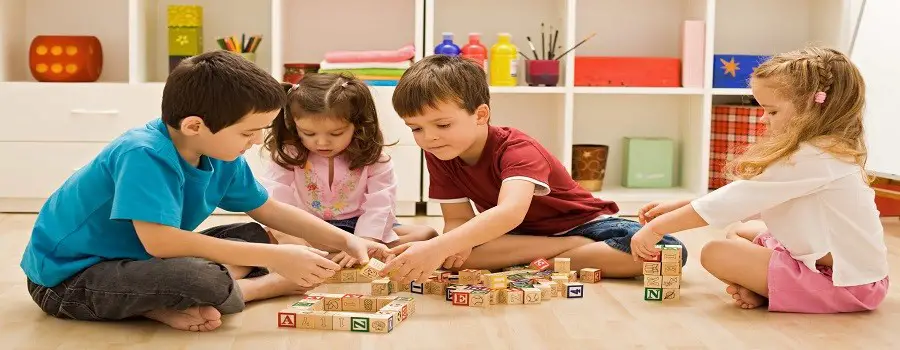Last Updated on January 6, 2025
“Please let me grow as I be and try to understand why I want to grow like me. Not like my mother wants me to be, not like my father hopes I’ll be, or like my teachers think I should be. Please understand and help me grow just like me!”
I remember coming across this quote from Magda Gerber within the first year and a half of the birth of my son. As a new mother, I set about googling frantically for help before the feelings of being a “failure” as a mom set itself in stone within my heart.
My little one was about 18 months at the time, and I had “lost it” over something insignificant which made me realize that I was still learning to be a mother, as such, I needed to grow into my own mothering or parenting style.
Read More >> Difficulty Bonding With Baby after Traumatic Birth
Respectful parenting made me re-think my entire foundation of what parenting should be like:
Why should children deserve to be respected?
We know that we should respect adults as adults, so why do we find this hard to do with children?
Do we want to raise kids that come to us when they have an issue or hide their mistakes from us instead?
Do we want to control their life, or should we rather empower them with skills to be in control of their own life?

If you feel you wish to teach your little one about choices and their consequences without punishments or time outs, then respectful parenting will allow you to do this, whilst building a strong relationship at the same time.
The Main Principles of being a respectful parent
#1.Respect your child,always!
Of course, such parenting would obviously entail respect…but what does this mean?
It ensures that we treat our little ones with as much respect as you would treat an adult friend or family member. Ask yourself “would I do or act in this manner with…?”
Relationships with our kids are of course different to that of friends and family, where limits need to be set, but these should be done in a gentle and natural manner.
#2. Do not dismiss their feelings
When your little one is feeling overwhelmed or is having a difficult time, it’s important to remember that they cannot yet regulate their emotions accordingly. Thus, instead of focusing on the unwanted behavior and trying to control or punish it, focus on the feelings that caused the behavior outburst. It is imperative to understand what the underlying issue was that caused a “meltdown”, in order to help your little one deal with those negative feelings in an effective way.
#3. Your relationship must be built on trust and support
Trusting your kid is magical in the sense that you instill confidence in their own capabilities! You must believe in them, and put faith in your parenting survival tips you’ve built over the years.
Allow him independence and to take the lead when its possible to do so. Let them feel they do have the power to control their lives and that they can make capable choices with your support as a parent.
Trust also includes allowing kids to do things in their own time without pushing them because we, as parents, think they are ready such as riding a bike or swimming without floaters etc.
Take a moment to respect them by listening to why they may not be ready to do something. Support them without adding unnecessary pressure!
Read More >> Develop the Best Relationship with Your Foster Child
#4. Allow them decision making and choices
Don’t we all feel loved and included when people hear and appreciate our opinions, well, don’t forget that kids are but little humans and they too feel empowered when their opinions matter!
Involve them in family decisions when possible which will aid in ending power struggles (which toddlers are notorious for). Small choices like what to wear over a weekend or what they want to eat for breakfast are so important to foster self-assured children.
In time they will realise the impact that choices have in their life’s path and learn to make better decisions.
Do not hold onto old concepts just because your mum did it or society dictates respect must be earned, in the long-term blind obedience is never more important that building a supportive, trusting and loving relationship with your child.











